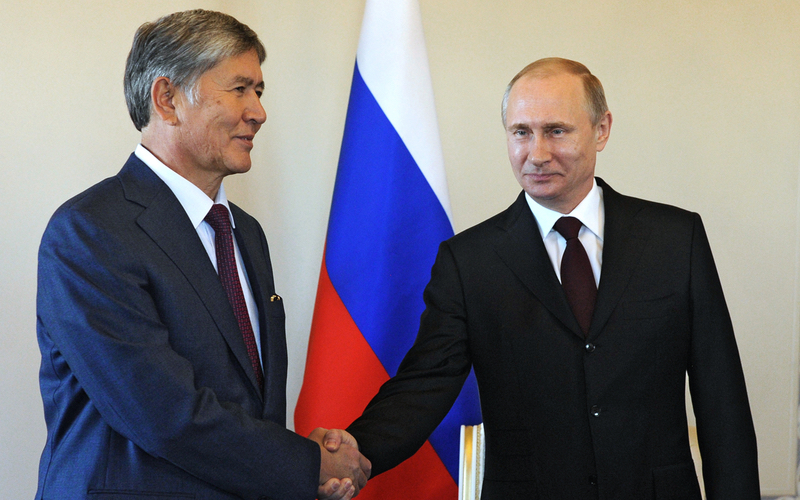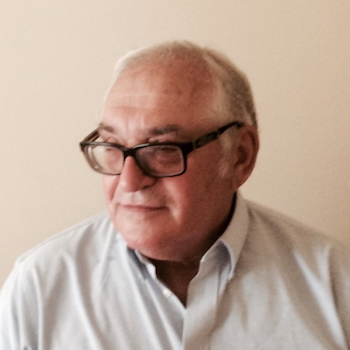
Is Putin Losing Power?
Vladimir Putin’s recent disappearance from public view for over a week fed wild rumors about a possible coup and his removal from power. He has finally re-emerged in public, albeit briefly, and has even made some awkward comments to dispel the rumors. But Mr. Putin’s appearance has hardly ended rumors. On the contrary, it raises even more questions and fuels more speculation.
There is much about this canard that remains quite mysterious. The scale of these rumors has been unprecedented. It involved social networks and bloggers. The rumors attracted public news media where reputable analysts commented on the president’s disappearance. The president of Kyrgyzstan got involved in order to dispel these rumors. Even the New York Times was involved.
The canard on this scale cannot be accidental. It shows unmistakable signs of the involvement of the so-called “political technologists”—the term Russians use for experts in shaping/manipulating public opinion. And the best such experts work for and with FSB, the Russian security agency.
The story of the coup has revealed something very interesting about the secretive world of Russian politics. First of all, when the rumors first surfaced the population remained calm. Forget Mr. Putin’s 85% approval rating, there were no demonstrations and no visible signs of any reaction on the part of the Russian people. They remained silent.
Second, media comments also did not reveal any particular anxiety about the possible removal of Mr. Putin. One could even sense a sigh of relief. Even the response from the Russian nationalists was rather favorable. Igor Strelkov—the former commander of the rebel army in the east of Ukraine—speculated about the advantages of removing Putin from power.
This reaction is indicative of the current attitude towards Putin. It shows that the Russian public no longer regards President Putin as the guarantor of order and stability in Russia and the region. Two events in my view played a critical role in this development. One was the shooting down of the Malaysian plane Flight 17 over eastern Ukraine. It showed that Putin did not control the rebels in eastern Ukraine. The second one was the murder of Boris Nemtsov, Russia’s best known oppositionist. The reason why Nemtsov was able to voice his criticism of Mr. Putin and his government was that he was part of the Russian political elite, one of Mr. Yeltsin’s cohort who helped to shape post-communist Russia. Nemtsov walked around Moscow without bodyguards because Mr. Putin himself guaranteed the safety of the elite. And now this guarantee has disappeared. Mr. Putin was most certainly not part of the plot. The assassination of Nemtsov was hardly in his interest. What the tragedy in Moscow has revealed is that Mr. Putin can no longer guarantee order and stability for the elite.
The latest public appearance of President Putin has certainly ended speculations as to whether he is alive or not, but it has not ended speculation about his future. If there is anything that the Russian elites value it is order and stability. They want to protect their wealth and enjoy their privileged position. The recent canard reveals that the Russian political system is in free fall. It no longer guarantees order and stability. Mr. Putin’s flaw is that he can no longer ensure the safety of the elites. And the story of the would-be coup shows that the elites are not prepared to tolerate this flaw for much longer.
